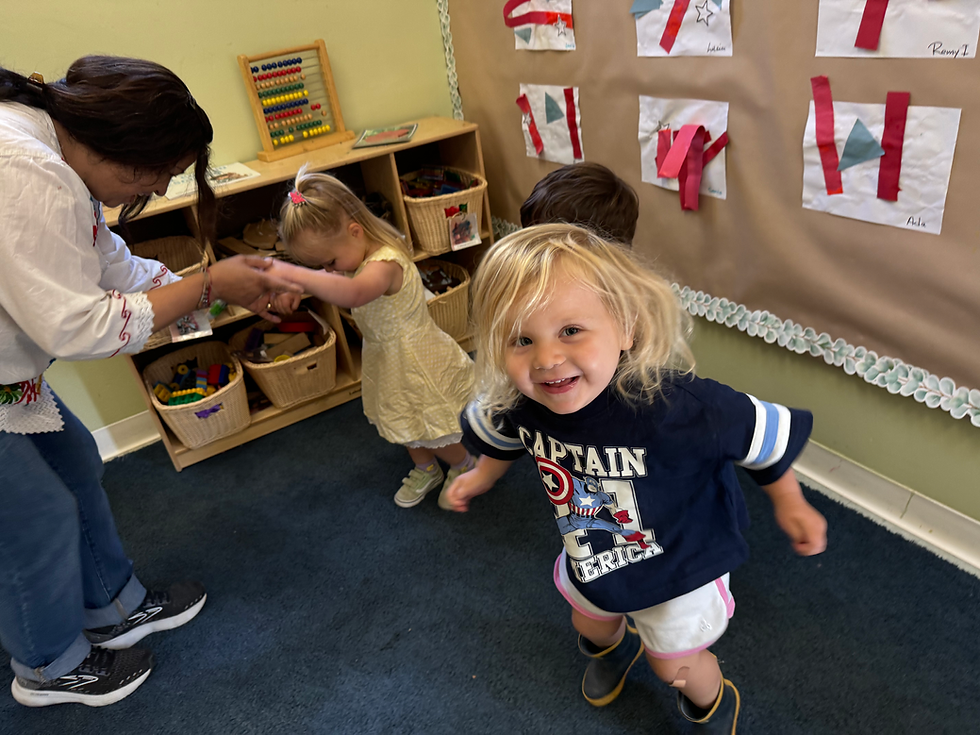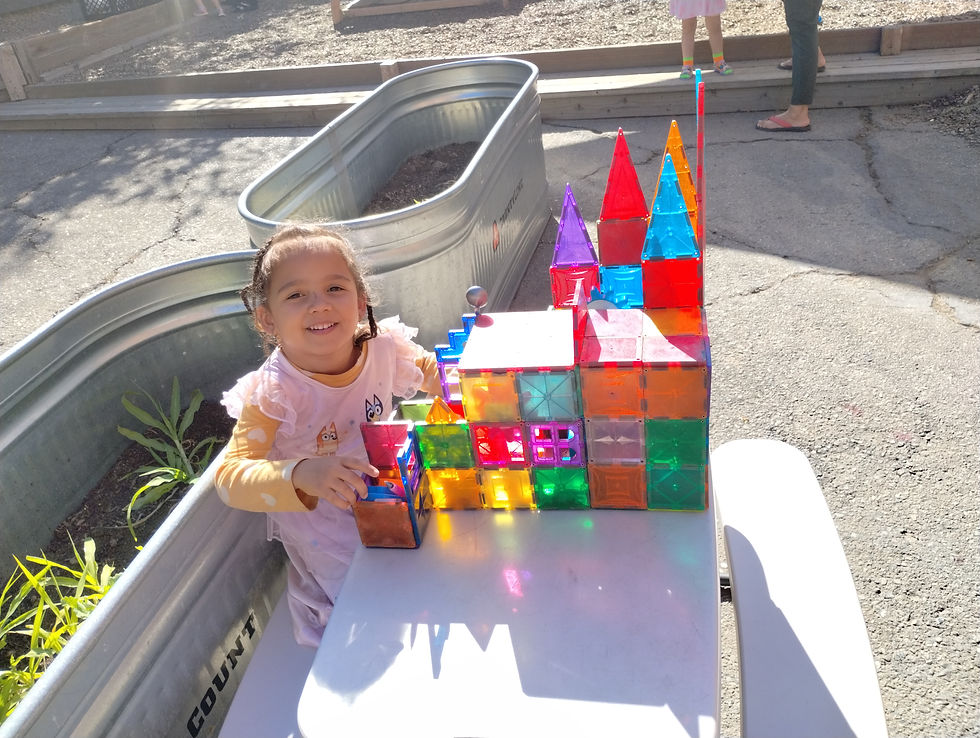

_HEIC.png)
Unlock a World of Possibilities Through Language Immersion
At KSS, we know that learning a second language is more than just words—it’s a gateway to new ways of thinking, creating, and connecting. Research from leading experts like CARLA and ACTFL shows that immersion programs give young children a natural advantage in mastering pronunciation, grammar, and the rhythm of a new language.
But the benefits go beyond language. Early bilingual learners shine in math, problem solving, creativity, and communication. They develop sharper minds and greater confidence that carry them far beyond the classroom.
By embracing a second language and diverse cultures, our students grow into global citizens ready to lead, innovate, and thrive in a richly connected world.
The Reggio Emilia Approach: Learning Through Exploration and Wonder
At KSS, learning is an adventure inspired by the Reggio Emilia philosophy—where every child is seen as capable, curious, and full of potential. Our classrooms are joyful, nurturing spaces where creativity thrives and learning is guided by each child’s natural interests.
Children dive into hands-on projects, ask big questions, and express themselves in meaningful ways—whether they’re building with natural materials, painting stories, or solving puzzles with friends. Guided by attentive teachers who listen, encourage, and inspire, children collaborate, experiment, and explore the world around them. We are especially intentional in supporting emergent literacy, providing meaningful opportunities for children to grow as readers, writers, and communicators from their earliest years.
.png)
.png)
The Reggio Emilia Approach: Learning Through Exploration and Wonder
At KSS, learning is an adventure inspired by the Reggio Emilia philosophy—where every child is seen as capable, curious, and full of potential. Our classrooms are joyful, nurturing spaces where creativity thrives and learning is guided by each child’s natural interests.
Children dive into hands-on projects, ask big questions, and express themselves in meaningful ways—whether they’re building with natural materials, painting stories, or solving puzzles with friends. Guided by attentive teachers who listen, encourage, and inspire, children collaborate, experiment, and explore the world around them. We are especially intentional in supporting emergent literacy, providing meaningful opportunities for children to grow as readers, writers, and communicators from their earliest years.
.png)
.png)
Rooted in Belonging, Growing with Purpose: PK2–TK
At every age, our Reggio Emilia-inspired classrooms are joyful, nurturing spaces where children are seen as capable, curious, and full of potential. Learning is guided by their natural interests, encouraging creativity, confidence, and a lifelong love of discovery.
.png)
PK2
(Age 2)

At age two, children are discovering their voice, their bodies, and their independence—often all at once! In PK2, we create a safe, nurturing environment where toddlers feel secure, supported, and free to explore. Our Reggio Emilia–inspired, play-based approach honors this important stage of development through sensory play, music, movement, and hands-on exploration.
Social-emotional growth is central, as children begin to navigate big feelings, parallel play, and the early seeds of empathy. Language is blossoming, and we nurture it intentionally through rich conversation, songs, and stories that build vocabulary and early comprehension. As they grow in independence, routines offer structure and confidence, while open-ended materials and movement-rich spaces support physical, cognitive, and creative development—at each child’s own pace.
Focus areas: Emotional regulation, parallel and emerging social play, gross motor confidence, sensory exploration, language bursts, independence through routine

PK3
(Age 3)

This is the beginning of their journey. In PK2, we focus on helping your child feel safe, secure, and supported. Through hands-on exploration, sensory play, music, and movement, children begin developing language, independence, and social-emotional skills—all within a warm, caring environment. Because emergent literacy begins at birth, we nurture it intentionally at this stage through rich language experiences, such as songs, stories, and conversations, that build vocabulary and early comprehension.
Three-year-olds are imaginative, curious, and increasingly independent—often declaring, “I can do it myself!” In PK3, we nurture this growing autonomy within a warm, responsive environment where children feel safe to take risks, test boundaries, and express themselves.
At this stage, play becomes more associative as children begin forming friendships and learning to collaborate and negotiate. Our teachers gently guide their curiosity through imaginative play, early storytelling, open-ended projects, and rich conversations that support social-emotional growth and emotional vocabulary. Emerging literacy is fostered through meaningful exposure to books, symbols, and storytelling—deepening their understanding that language carries meaning.
Classrooms come alive with creativity and connection, as children explore cause and effect, develop fine motor skills, and engage in symbolic thinking—where blocks become castles and paint tells a story. Teachers facilitate rather than direct, trusting in each child’s ability to construct meaning through exploration and play.
Focus areas: Social negotiation, emotional vocabulary, cause-effect exploration, symbolic play, early project work, fine motor development, self-help skills
.png)
TK
(Age 4-5)

Transitional Kindergarten is a powerful bridge between the early years and elementary learning. At this stage, children are expanding their understanding of themselves, others, and the world around them. With longer attention spans, growing empathy, and a readiness for collaboration, TK students are eager to think deeply, create meaningfully, and connect with peers.
Our Reggio Emilia–inspired approach honors children as capable thinkers and co-constructors of knowledge. Through inquiry-based projects, they explore big questions and represent their ideas in many ways—through drawing, building, storytelling, and more. Foundational academic skills emerge naturally through joyful, purposeful play: children develop early literacy, numeracy, and scientific thinking in meaningful contexts. They begin to recognize letter sounds, write their names, explore patterns, and make sense of the world through hands-on discovery.
Social-emotional growth remains central, with a focus on friendship, empathy, and perspective-taking. In TK, children begin to see themselves as leaders, learners, and valued members of a classroom community.
Focus areas: Collaboration, empathy, inquiry-based thinking, representational expression (“100 languages”), early literacy and numeracy in meaningful context, reflection, leadership within the classroom community

From Curious Roots,
Confident Learners Grow
Learning is an adventure filled with curiosity, creativity, and connection
— fully immersed in Spanish.
Our play-based, Reggio Emilia-inspired approach embraces emergent curriculum—meaning learning follows each child’s interests, questions, and discoveries.
With guidance from experienced Spanish-speaking educators, children explore the world around them through hands-on activities that build early skills in math, science, language arts, and cultural understanding. Along the way, they develop confidence, curiosity, and a love of learning that prepares our little learners for kindergarten.
